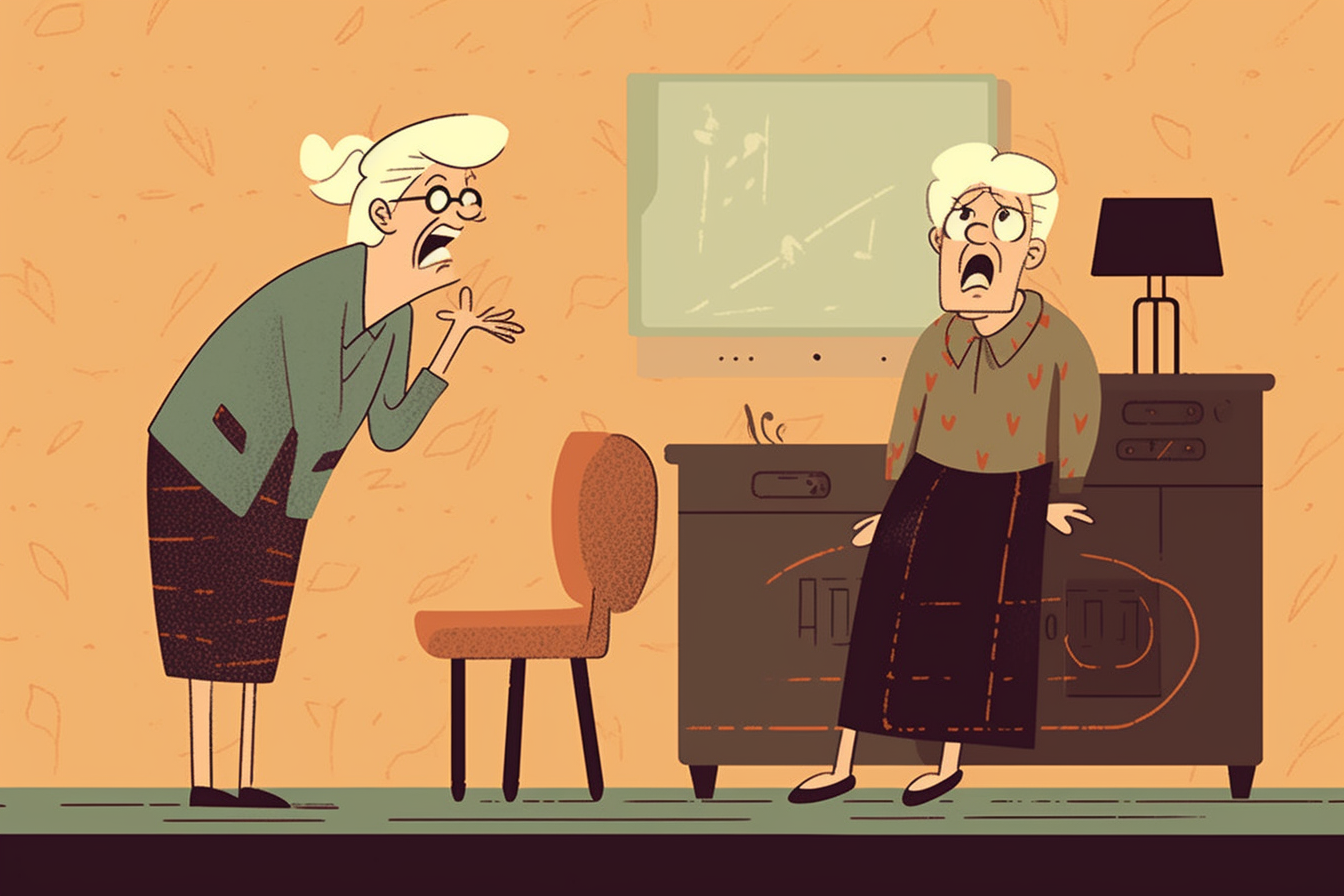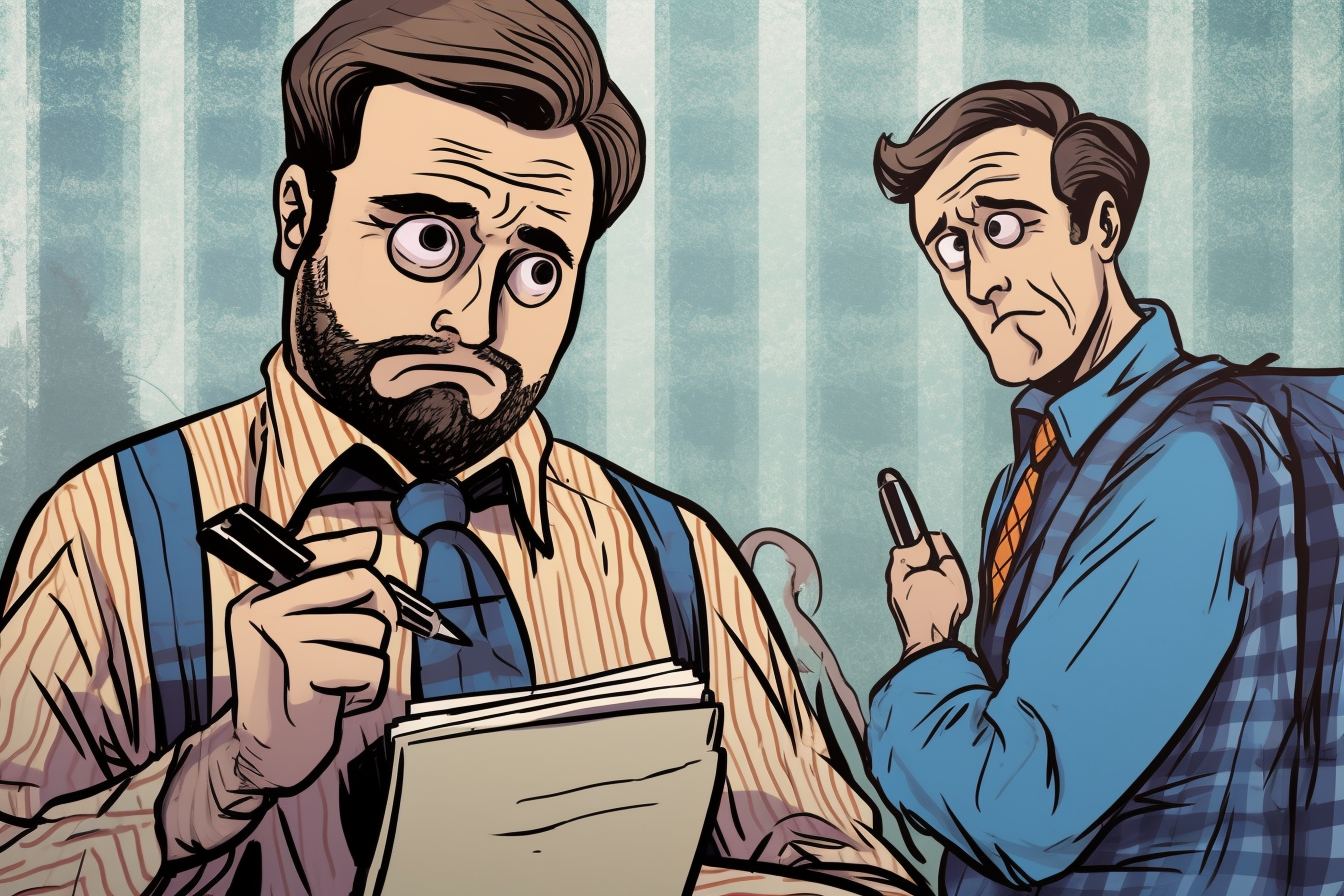Monday Reading: get elders off TV and journalists off Twitter
Five useful reads, lovingly sifted from the cesspit we call the interwebs.

Time to ban elders from TV
danah boyd, first cited on this blog 16 years ago, is back and on fire:
Many elders got into the habit of watching TV years ago. It may have started out with the nightly news or prime time TV, an opportunity to escape after an exhausting day of work. And it expanded from there. For many, the pandemic made it much worse. And as they watched more TV, it got harder to do other things. Other things were exhausting physically. Or mentally.
It's a really neat desconstruction of some of the more extreme worries about teenagers and screens, when filtered through a different age bracket and their media obsessions.

ASL?
This is a lovely piece, that gives you a real sense of how generations of teenagers have grown up experimenting with their sense of self and identity through the medium of online chat of varying kinds.
I was in my mid-20s when I first encountered spaces like this, and I was still in the process of navigating the process of becoming the person I am. The ability to have consistent, pseudonynous relationships with like-minded folk was a huge part of that journey.
I don't think we'll ever stop young people doing this — we just need to get better at helping them navigate it safely.

The sexist social media onslaught
One year I will make the journalism festival in Perugia. This is not that year. However, Jacob from Journalism News has doen a great job of captruing a panel on a really serious issue.

The man behind the Mastodon
I'm still optimisitc about the long-term potential of Mastodon. This is a great insight into the man behind it, and how very different it is as a platform — and how small the company that's somewhat behind it is.
/cdn.vox-cdn.com/uploads/chorus_asset/file/24540225/Eugen_Rochko_Mastodon_AParkin.jpg)

Journalists are addicted to Twitter
I intend to write something about this myself, because I think this is, in a way, a rather flattering picture of why journalists are so hooked on the platform. There are deeper, and possibly darker, reasons, and that's why they're so reluctant to let go of what is — clearly — a failing platform.
Think of this as preparatory reading… 😇











